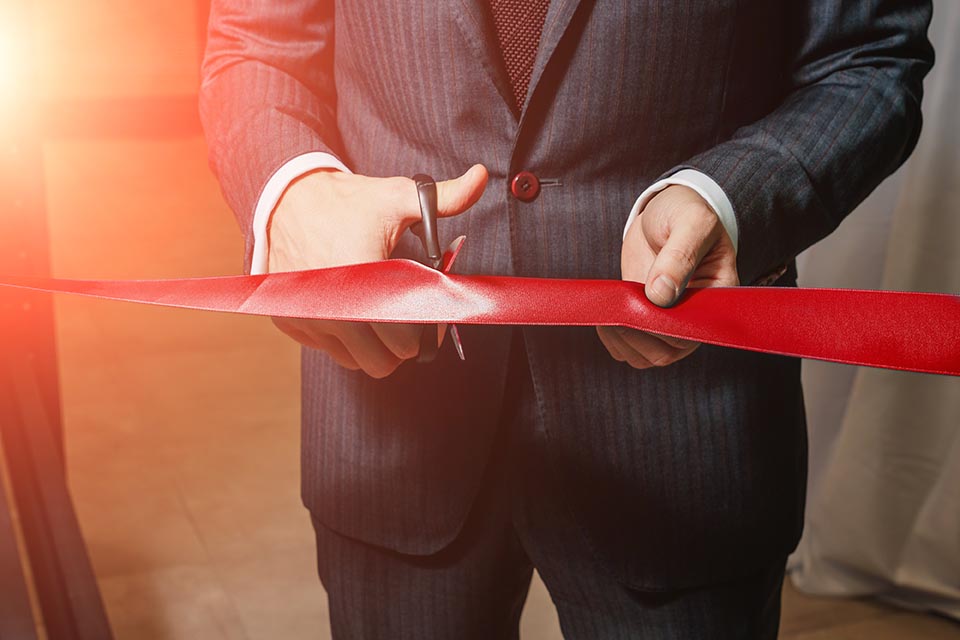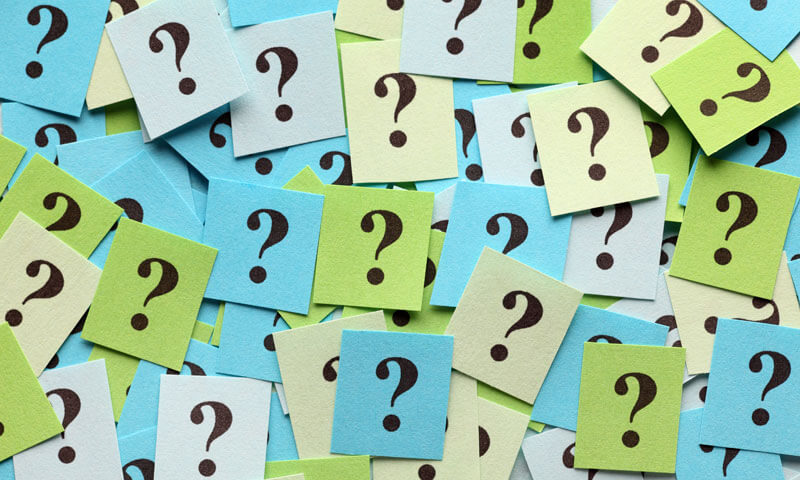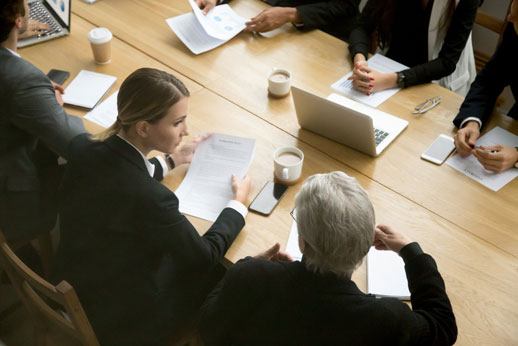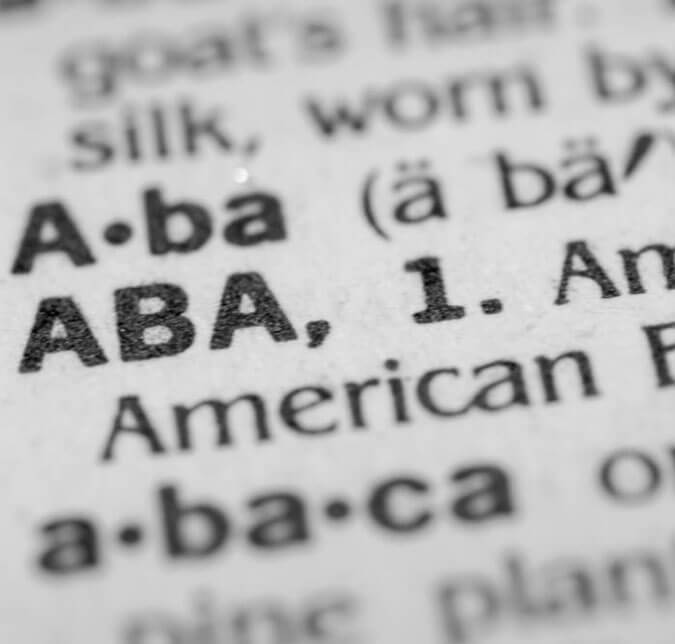A New York appeals court has ruled that a lawyer banned from Madison Square Garden is not entitled to an injunction that would force the venue to admit him and his colleagues to events. The decision follows a previous lawsuit against Madison Square Garden, in which the lawyer represented ticket resellers.
Larry Hutcher had sued the Madison Square Garden Entertainment Corp. after his season tickets to New York Knicks games were revoked, and every lawyer in his law firm was banned from the location. Hutcher’s clients were ticket resellers who had brought a lawsuit against Madison Square Garden.
A trial judge ruled in November 2022 that New York civil rights law requires Madison Square Garden to admit anyone with valid tickets to a theatrical performance or a musical concert. However, the trial judge also found that Madison Square Garden could ban the lawyers from sporting events, as the civil rights law does not cover them.
The appeals court agreed with the trial judge’s ruling but found it improper to issue a preliminary injunction requiring Madison Square Garden to admit people with valid tickets to concerts and theatrical performances. The appeals court concluded that the civil rights law provides for a monetary remedy when it is violated, and Hutcher is limited to that remedy.
Don’t settle for less – sign up for LawCrossing and find your dream legal job.
The court also noted that even if injunctive relief were available, the existence of a statutory damages remedy would undermine plaintiffs’ claims of irreparable harm, which is an injunction requirement.
Hutcher, a name partner with Davidoff Hutcher & Citron, said the penalty for violating New York’s civil rights law is $500. He told Bloomberg Law that the court was inviting him to attend events and get a check for $500 every time he was denied admission.
A spokesperson for Madison Square Garden said that the venue was “very pleased” with the decision.
In December 2022, a different lawyer was denied admission to a show featuring the Rockettes after facial recognition technology identified her as a lawyer with Davis, Saperstein & Salomon, which has sued a related venue.
The case highlights the tension between the rights of venue operators to control access to their events and the rights of ticket holders to attend those events without discrimination. While the New York civil rights law requires venues to admit anyone with valid tickets to specific performances, it does not cover sporting events.
As a result, lawyers who represent clients in lawsuits against venue operators may find themselves banned from sporting events held at those venues. While they may be able to seek monetary damages for violations of the civil rights law, they may not be entitled to injunctive relief that would force the venue to admit them to events.
The case also raises questions about using facial recognition technology to identify individuals not allowed to attend events. While venues may have legitimate reasons for using such technology, it can also result in false positives that unfairly deny event access.






































